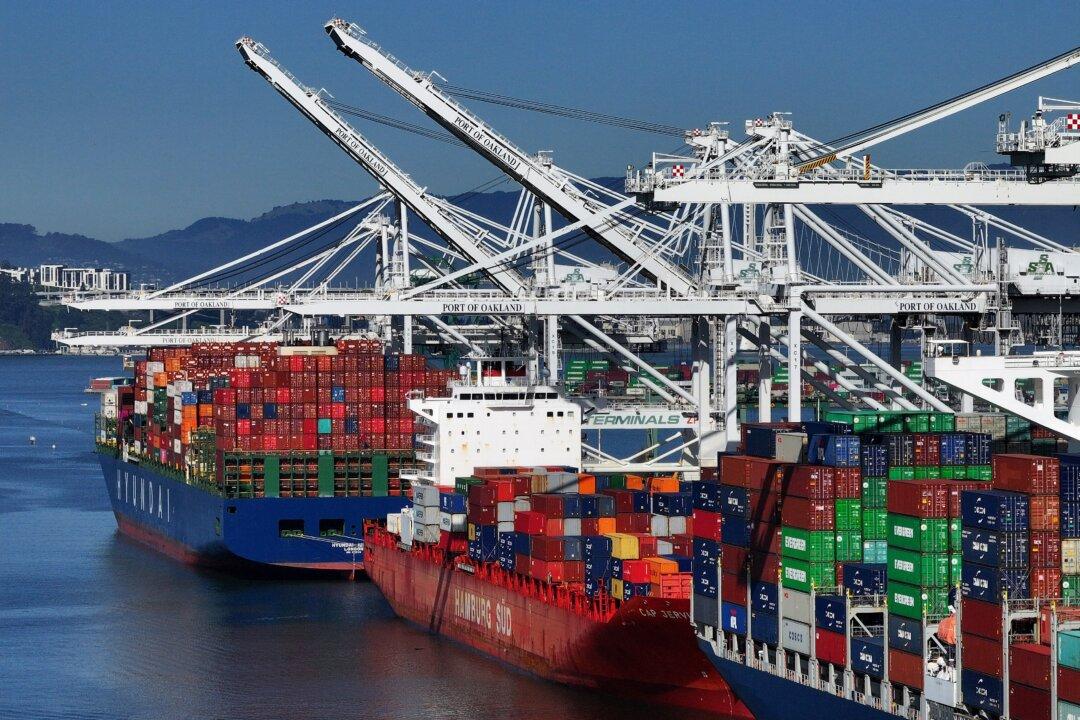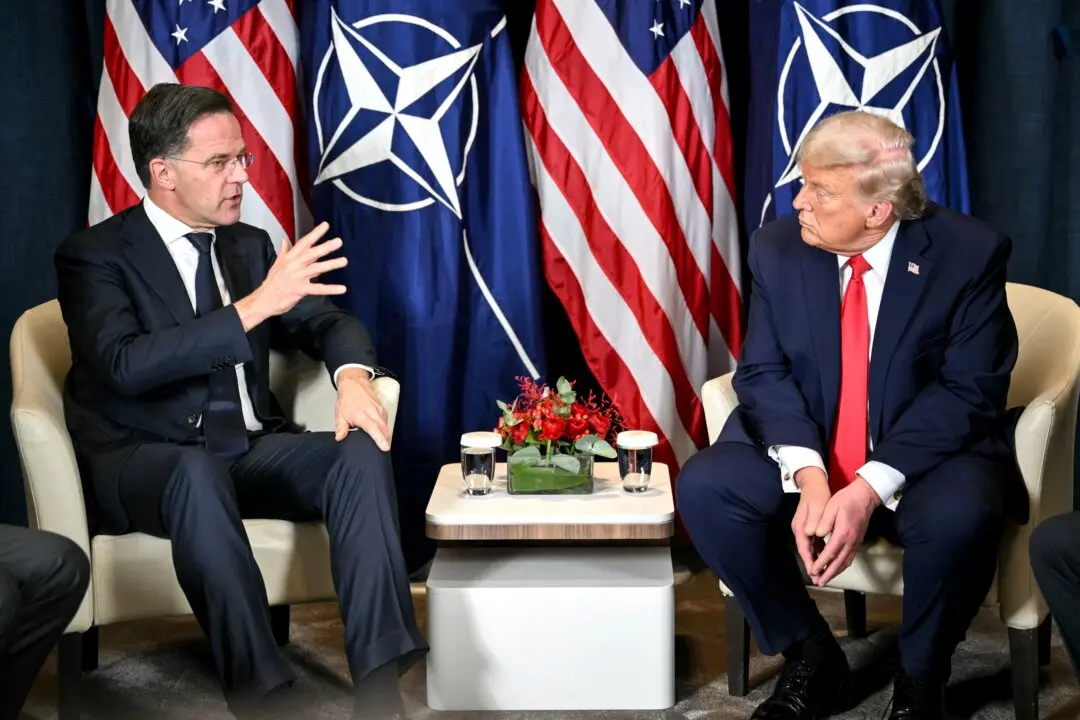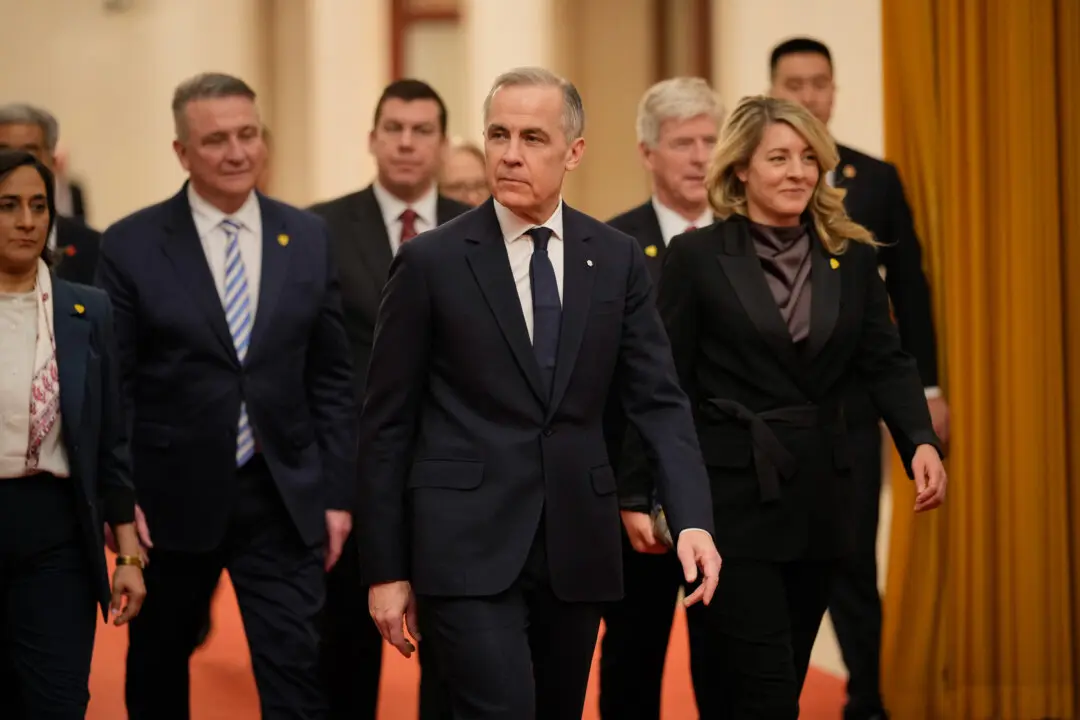Commentary
Evaluating President Trump’s tariff policy involves examining it from two different perspectives: completing the shift from post-Cold War containment of the Soviet Union to addressing the next challenge, from China, and the assurance that Trump is sincere in his desire to negotiate new fair-trading arrangements to effectively eliminate America’s anachronistic trade deficit.





